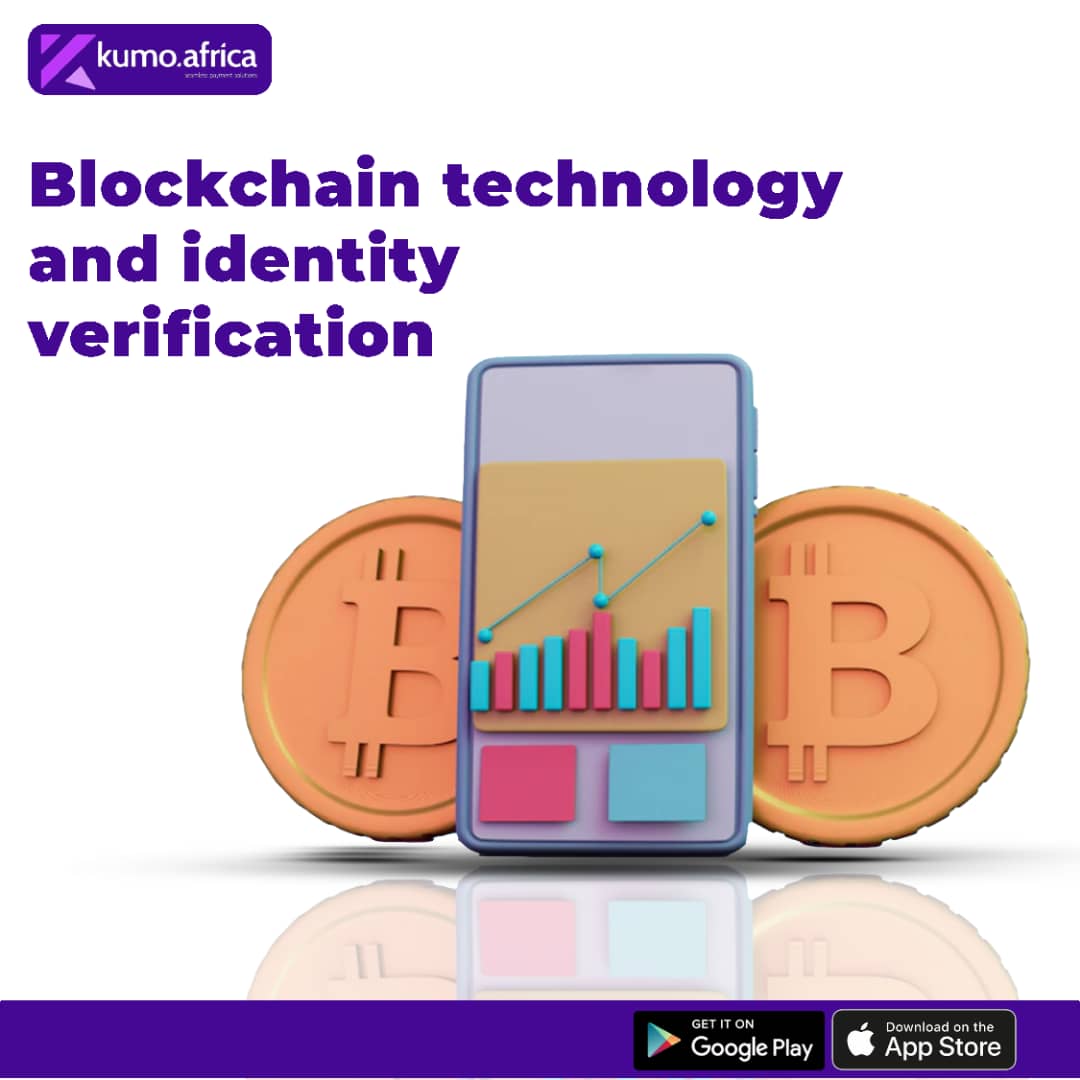The use of blockchain technology in identity verification is an important use case of blockchain technology.
Identity verification is a crucial procedure that’s applied in numerous businesses to make sure people are who they say they are.
The demand for safe and dependable identity verification techniques has increased with the emergence of digital identities.
A distributed ledger system called blockchain offers a safe and independent platform for recording and validating transactions.
To guarantee the confidentiality and integrity of data stored on the blockchain, cryptography is used.
As a result, blockchain can offer a safe and transparent way to validate identity information which makes it a perfect solution for identity verification.
Blockchain technology in Identity verification
There are numerous techniques to verify identities using blockchain technology which includes;
Digital Identity
Digital identities can be created and stored using blockchain technology.
You may achieve this by giving each person a special digital identity and putting it on the blockchain.
The digital identity may contain biometric information like fingerprints or facial recognition technology in addition to personal data like name, address, and date of birth.
This can be used to verify identities in a variety of situations once it has been produced.
Decentralized Identity
A decentralized and autonomous identity system is created using the notion of decentralized identity and blockchain technology.
Instead of relying on centralized authorities, this method enables individuals to own and control their identity information.
In a variety of settings, including online services, financial transactions, and government services, decentralized identification can be utilized for identity verification.
Attestations
Attestations are a method of confirming identifying data on the blockchain. A declaration of fact that has been attested to by a reputable organization, such as a governmental body or a financial institution, is known as an attestation.
Then, the attestation is saved on the blockchain, giving the identity data a safe and impenetrable record.
Benefits of using blockchain technology for identity verification
Security
Identity information can be stored on a safe and impenetrable platform. The blockchain’s data is secured against unwanted access thanks to the use of cryptography.
Privacy
Identity information can be kept private using blockchain technology. Public and private keys make sure that only those with permission may access such information.
Transparency
The identity verification procedure is transparent. As a result, all parties involved in the process are able to monitor the verification’s status and development.
Decentralization
A decentralized platform for identity verification provided by blockchain technology provides a decentralized platform for identity verification.
It follows that the verification process is not under the control of a single entity, making it more democratic and less corruptible.
Identity verification using blockchain technology is safe and dependable.
While its decentralized structure offers transparency and democracy in the verification process, its use of cryptography ensures the integrity and privacy of data stored on the blockchain.
Future identity verification applications of blockchain technology are anticipated as digital identities become more prevalent.
About Kumo
Kumo, registered as Kumo Technologies Inc in Delaware, U.S. is a fiat and crypto social payment app which allows users to exchange fiat (NGN) to crypto, save and earn interest in dollar with as low as $5, utility payment such as DSTV subscription, airtime, data among others.
Kumo wallet is your all-in-one social payment app for seamless payment solutions.
Website | Twitter | Facebook | Instagram | Email


[…] Click here to read more about blockchain technology and identity verification […]